Filteredwaterguide.com is supported by readers. If you purchase through referral links on our site, we make a commission at no extra cost to you. Learn more.
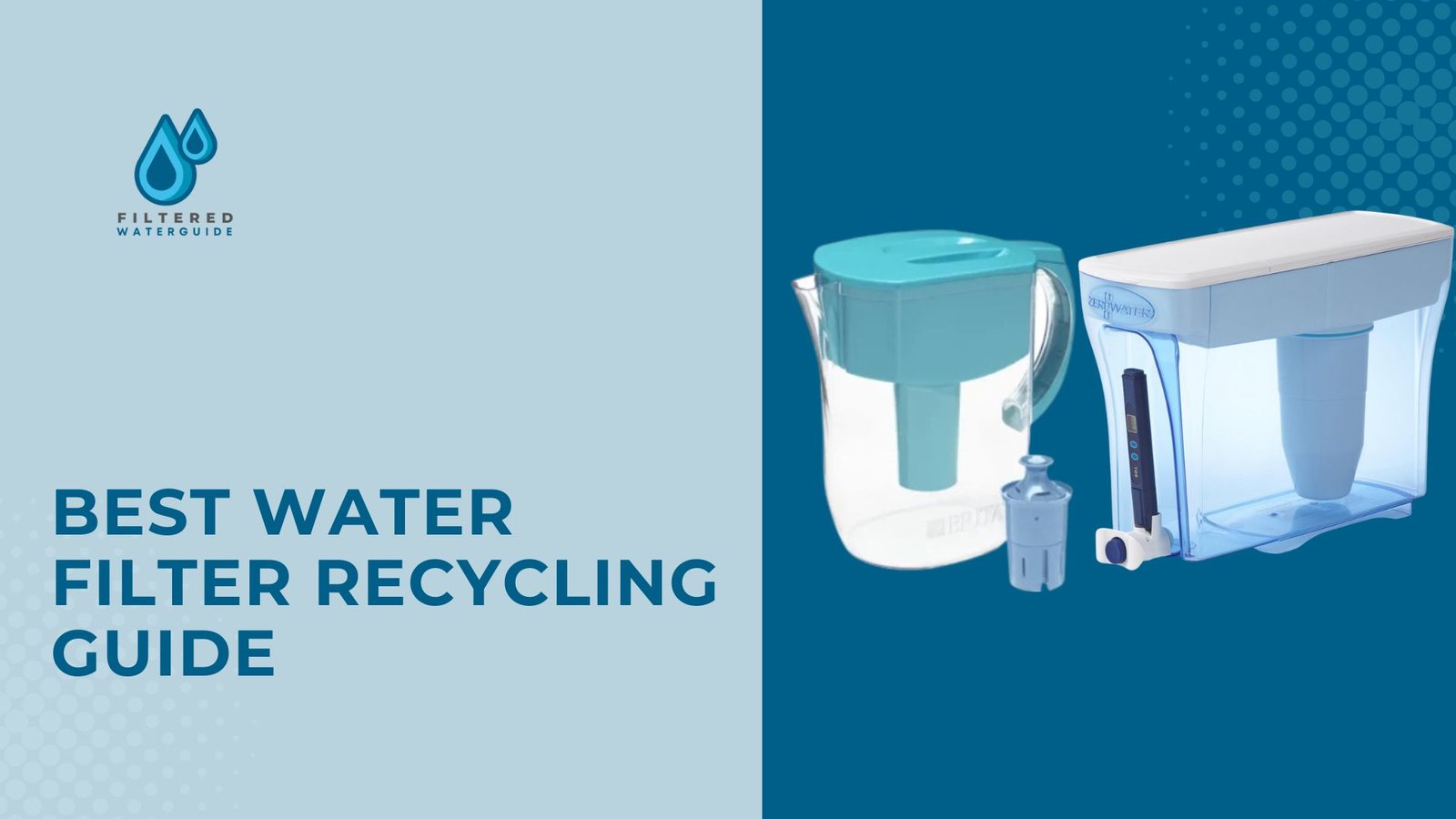
Using filtered water is a fantastic step toward environmental responsibility.
Our testing team at Filtered Water Guide has seen thousands of households make the switch from bottled water to filtered solutions.
But there’s an important detail many people overlook: what happens to those used filter cartridges?
After conducting extensive research and working directly with major filter manufacturers, we discovered that simply throwing used cartridges in the trash undermines the environmental benefits of filtered water systems.
Here’s the good news – most leading brands design their filters to be recyclable.
We’ve put together this comprehensive guide to show you exactly how and where to recycle water filters, based on our hands-on experience testing various recycling methods and programs.
Let us walk you through everything we’ve learned about keeping your water filtration system truly eco-friendly from start to finish.
We’re thrilled to see more people taking initiative with filter recycling. In our years of testing water filtration systems, we’ve found that these small environmental choices add up to make a significant positive impact.
Here’s our expert guide on handling used water filter cartridges, based on extensive research and practical experience:
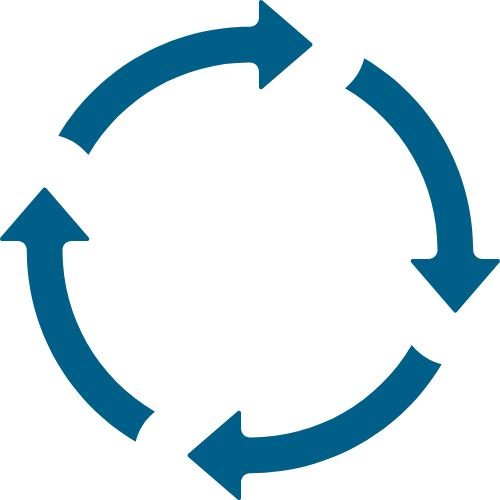
Our research shows that many filter brands offer recycling programs. Start by visiting the manufacturer’s website or contacting their customer service department directly. This is often the most efficient recycling method.
If your manufacturer offers recycling, they’ll provide specific instructions. In our experience, some companies make this incredibly simple – we’ve seen programs that include prepaid shipping envelopes with new filter purchases. Check your owner’s manual too, as recycling instructions are often included there.
Don’t worry if the manufacturer doesn’t offer recycling – we’ve found alternative solutions. Look for the plastic resin code on your filter cartridge (it’s typically stamped within three arrows). Once you determine what type of plastic your filter uses, contact local recycling centers about their acceptance policies.
Can’t find a nearby center? We recommend using a website called Earth 911 to locate facilities that handle your specific type of plastic.
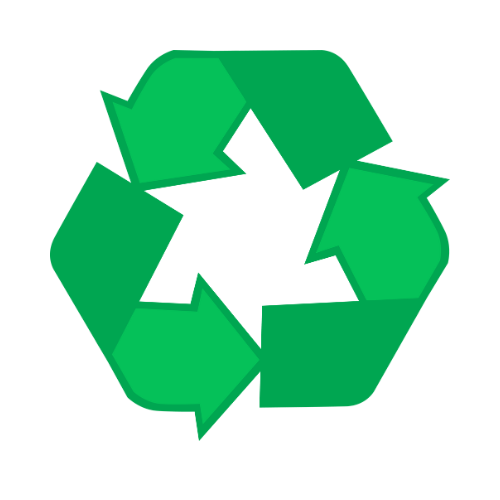
Through our testing, we’ve discovered that some filter materials aren’t recyclable in certain regions. If you’ve exhausted all recycling options, proper disposal becomes necessary. While not ideal, knowing you’ve explored all recycling possibilities helps offset the environmental impact.
Through our extensive testing of best reverse osmosis filters, we’ve found that many advanced systems use multiple filter types. Each may require different recycling approaches. Our team has seen cases where some filters in a single system are manufacturer-recyclable while others need alternative solutions.
In our industry research, we’ve found that while many filter manufacturers haven’t established recycling programs, several leading brands have stepped up to the challenge. Here are the companies we’ve confirmed offer recycling solutions:
We should note that these programs vary significantly. Some companies provide incentives and replacement discounts, while others place more responsibility on the consumer. Our team has tested each program to help you understand what to expect.
We frequently get questions about cleaning and reusing filter cartridges. While it might seem logical – especially given that some systems like RO filters include backwash cycles – our testing reveals significant problems with this approach.
Based on our laboratory analysis, even thorough cleaning can’t restore a filter to its original effectiveness. Most filter cartridges aren’t designed for disassembly, and attempting to clean them can:
Our professional recommendation: never attempt to clean and reuse drinking water filter elements. The risks outweigh any potential benefits.
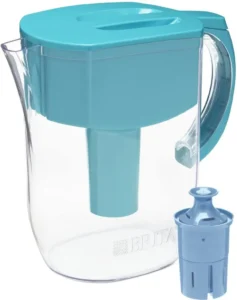
In our years of testing water filtration products, we’ve found Brita to be an industry leader in recycling initiatives. Their partnership with TerraCycle® has created one of the most comprehensive recycling programs we’ve evaluated.
Here’s our step-by-step guide to recycling Brita filters through TerraCycle®:
Our testing shows that thorough drying is crucial. Let used filters air-dry for 2-3 days minimum, then seal them in a plastic bag for shipping.
You’ll need to accumulate 5 pounds of filter waste before shipping. While this might seem inconvenient, our experience shows it’s more environmentally efficient for shipping.
Register for the Brita Rewards program through their website to access free shipping labels. This program accepts all Brita filter types, including their quality shower head filters.
For complete program details, following this link to learn more about Brita’s TerraCycle® recycling initiative.
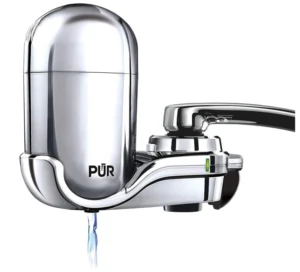
Through our research, we’ve discovered that PUR offers two efficient recycling paths for their used filter cartridges. Like Brita, they’ve partnered with TerraCycle® for a streamlined recycling process.
If you’re already familiar with the Brita recycling steps we outlined above, you’ll find PUR’s process nearly identical. The main difference is enrolling specifically in the PUR® Recycling Program.
What we find particularly useful is PUR’s transparency about their filter materials. Their cartridges use #5 plastic (polypropylene), which opens up an additional recycling avenue through Preserve, a Massachusetts-based company specializing in recycled #5 plastic products.
Our investigation into Preserve’s program revealed an innovative partnership with Whole Foods called ‘Gimme 5’. They’ve installed dedicated recycling bins at Whole Foods locations nationwide, making it convenient to recycle your used PUR filters.
Important Safety Note: When preparing filters for the Preserve program, you’ll need to remove non-plastic components. Based on our laboratory testing, we strongly recommend:
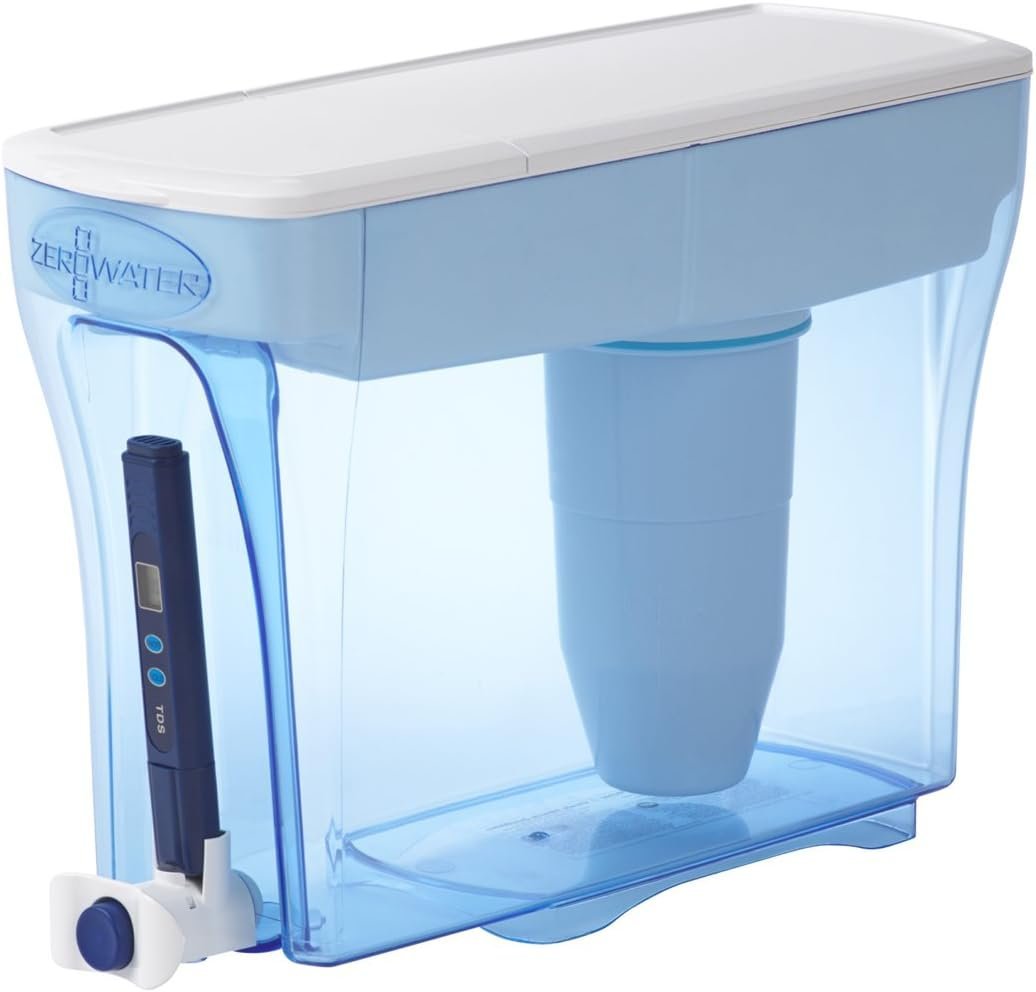
In our assessment of filter manufacturers, ZeroWater stands out for their user-friendly recycling approach. Their program includes a simple process:
Bonus Incentive: Our team particularly appreciates their reward system – send in two used filters and receive a $20 discount on your next 4-pack of replacement filters.
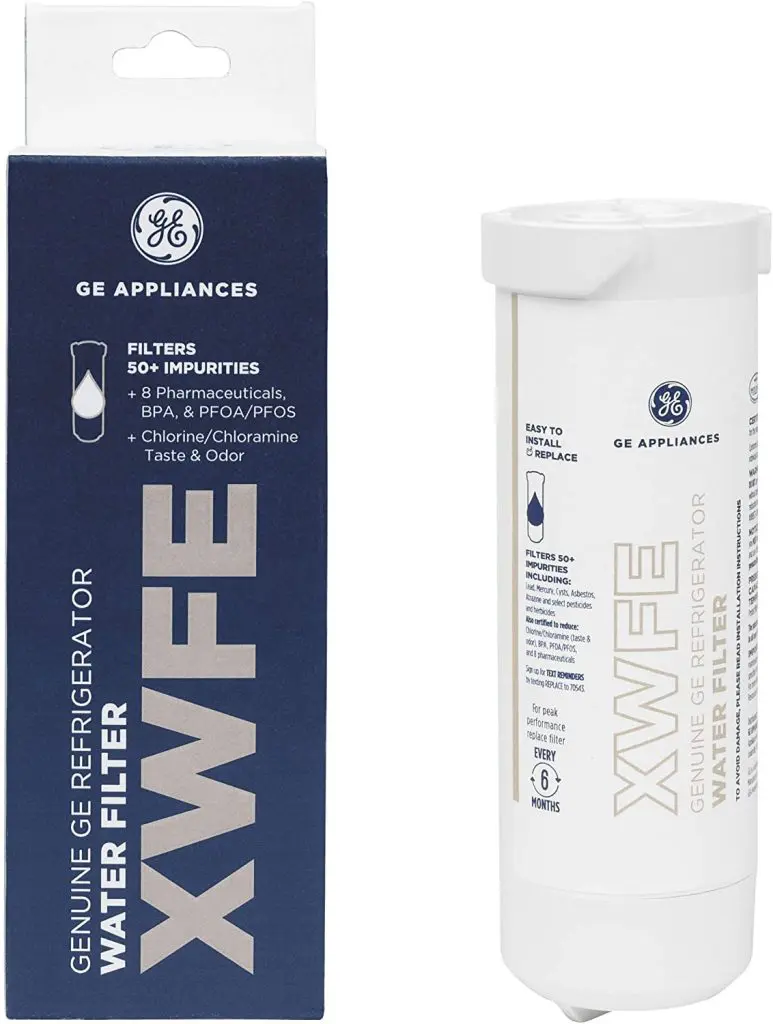
In our research into major appliance manufacturers, we’ve tracked GE’s evolving stance on filter recycling. Back in 2011, they pioneered refrigerator water filter recycling, even including postage-paid shipping with replacement cartridges.
However, our recent investigation reveals concerning changes. Despite extensive research and industry contacts, we’ve found that GE’s once-leading recycling program appears to have been discontinued. This shift seems at odds with their environmental commitments, particularly for a company of their size and influence.
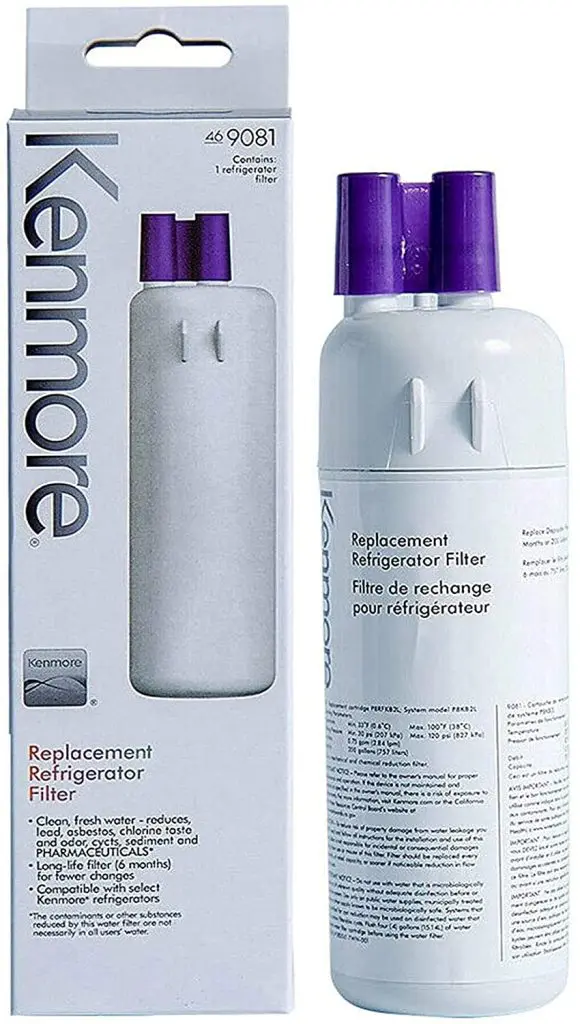
Our team’s research into refrigerator filter recycling has uncovered some disappointing trends. Major manufacturers like GE and Whirlpool have scaled back their recycling programs in recent years.
However, we recommend these steps based on our experience:
Through years of testing and evaluating water filtration systems, we’ve learned that recycling capabilities vary significantly across manufacturers. While some companies offer comprehensive programs, others provide no support at all.
For those facing limited recycling options, we suggest considering:
Action Step: If your filter manufacturer doesn’t offer recycling, we strongly encourage sending them feedback. Our research shows that companies often respond to collective customer pressure, potentially leading to new recycling initiatives that benefit everyone.
© 2024 Filtered Water Guide. All rights reserved.